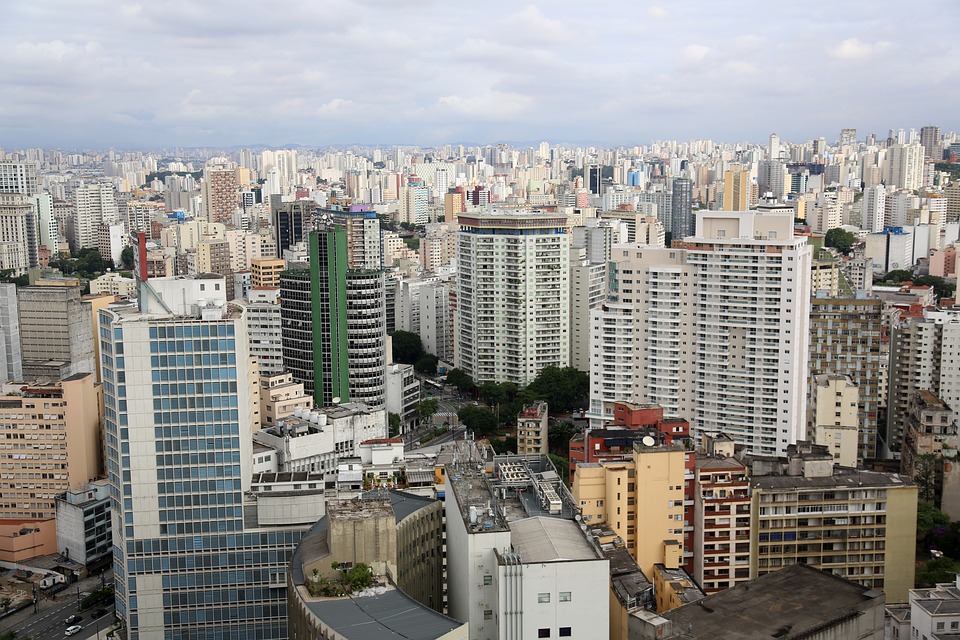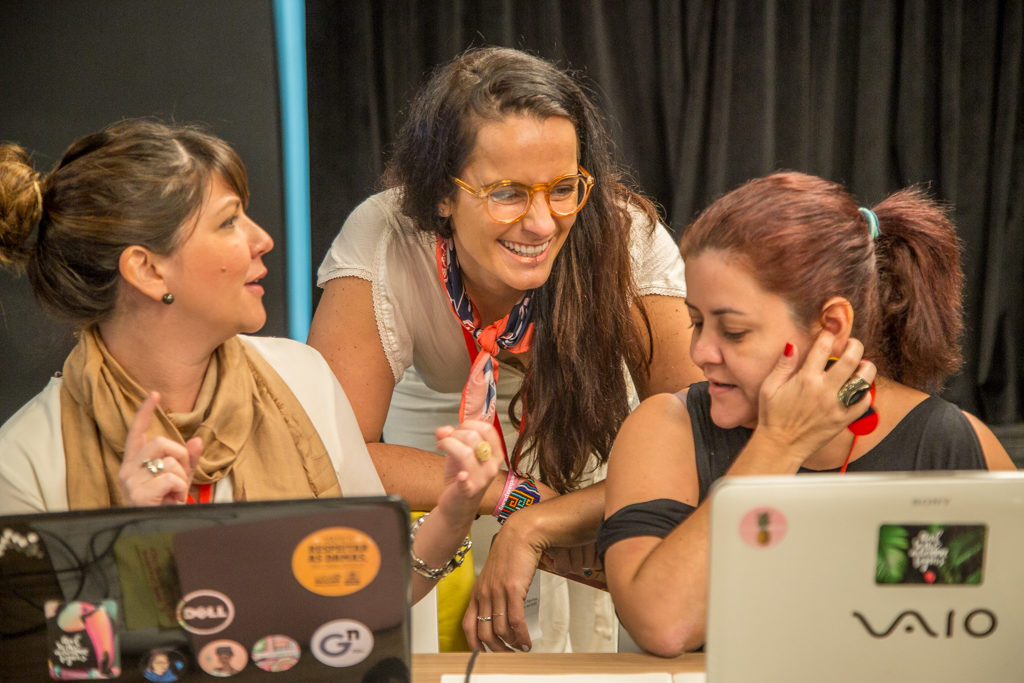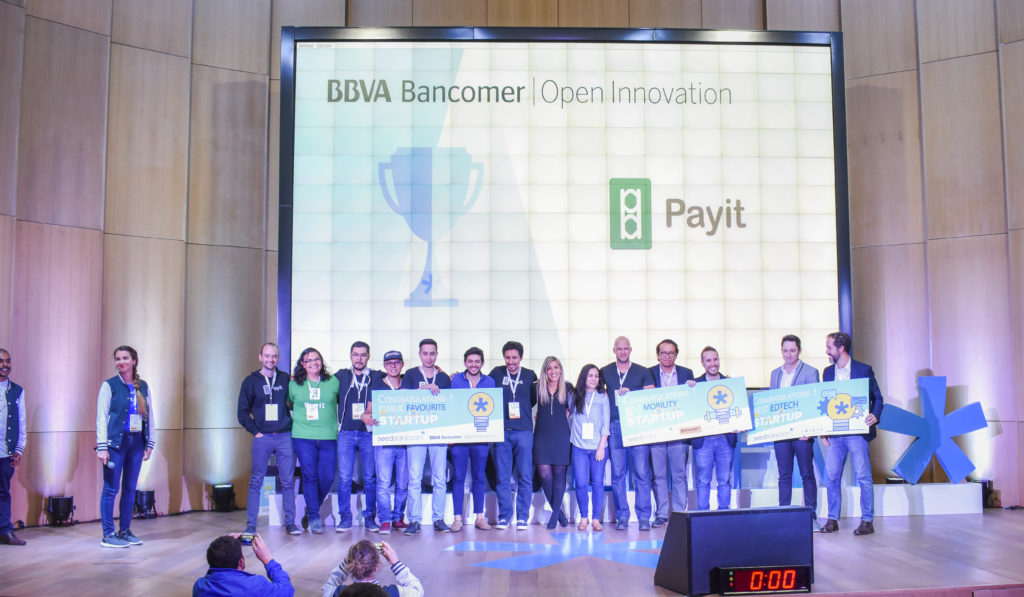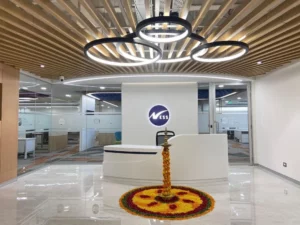At FutureCom 2017 hosted in São Paulo last week, the Brazilian government unveiled a new initiative for the IoT. Internet of Things: An Action Plan for Brazil. The plan will focus on smart cities, healthcare, agribusiness, and manufacturing – and policies surrounding them are expected to be implemented by 2022.
“We are dedicating 40 professional to mobilize different sectors and we are particularly focusing on the agricultural sector, the health sector, and on support for the introduction of IoT in cities and in the industry,” said Carlos da Costa of the Brazilian Development Bank (BNDES) at the event.
The announcement comes following BNDES-funded study undertaken by McKinsey, Pereira Neto / Macedo, and IoT research institute CPqD.
Researchers analyzed factors that had influenced 12 other regions worldwide while building their IoT industries. Using criteria based on the IoT ecosystems in these regions had done, they assessed these areas’ position in IoT, the strength of the IoT sector, as well as regions which faced challenges similar to Brazil.
From this analysis, they compiled a list of five primary lessons which will be integral towards Brazil furthering its advancement with IoT integration and development. This includes governments taking an active role in the development of IoT, using structured models within both public and private sectors, the encouragement of SMEs, and the introduction of IT, computer skills, and programming in elementary schools.
The current IoT Scene in Brazil
The IoT scene in Brazil is expected to be worth as much as $3.29 billion by 2021. But much of the IoT growth in Brazil might be thanks to Google and Samsung investing in the sector, with Google setting up its own campus in Sao Paulo, and Samsung showcasing its own innovations in Brazil. These are large, multinational companies looking to innovate in regions all over the world. The issues that Brazil faces is resistance from Research and Development agencies who do not see IoT investment as a priority.
Because of this, the country still currently ranks low in terms of its ability to stimulate economic impact through IoT technology. An Accenture report revealed that Brazil ranks 17 out of 20 surveyed countries, before just Russia, Italy, and India. At the other end of the list, the top countries were China and the US.
This could be because Brazilian companies aren’t generally working to push forward this technology. A study by Qualcomm revealed that out of 150 surveyed companies, just 7 percent of them were developing IoT related projects. Still Qualcomm has announced it will partner with IT firm Logicalis to exploit the IoT potential in Brazil for smart cities, healthcare, agribusiness, and manufacturing.
Furthermore, the Brazilian Government and the National Telecommunications Agency (ANATEL) estimates that there are already at least 20 million intelligent connections between machines, a number that is expected to rise to 40 million by 2020. In the US, the IoT market is currently worth $613 billion, comprising of nearly 3,000 companies and employing more than 340,000 workers.
Why-o-T
The Brazilian government says integration of IoT technology will benefit up to 76 sectors in Brazil, including the priority sectors. In terms of healthcare, it is predicted to reduce cases of serious disease – such as diabetes – as well as saving up to 40 percent on medical equipment maintenance. It has also been claimed that IoT evolution has the potential to reduce traffic by 15 percent, and lower crime rates by 20 percent.
In previous years events such as Hack Town, the festival-esque convention in Brazil’s ‘Electronic Valley’ Santa Rita do Sapucai, has showcased new technologies and entrepreneurs in an effort to spread the word of all things tech. This year’s Hack Town event included lectures on IoT and the Change in Manufacturing, as well as one focusing on IoT’s potential in the agriculture industry.
Brazil has also witnessed the genesis of a number of programmes looking to promote IoT technology across all sectors. The IoT Brasil organization, founded in 2011, focuses on holding events, programmes, and seminars throughout year to further innovation between IoT and other sectors in Brazil.
Some of these include ‘Improving IoT in the Quality of Life’, a seminar curated by Gabriel Antonio Marão, Coordinator of the Brazilian Forum of IoT, and Eduardo Iha, Director of Vivo Telephone. During the seminar, they discussed the state of the IoT market in Brazil and featured talks from prominent members of the IoT sector in the country.
One company at the forefront of IoT development in Brazil is RobbIoT, which designs specific solutions to solve problems in the mining, oil and gas, and industry sectors. This involves using IoT to control aspects of businesses such as fleet cost control, safe operations, and production improvement. RobbIoT has run tests in factories to trial sensor network technology, and found it possible to monitor air temperature around printing machines, as well as CO2 concentration in workers’ areas using PCs, tablets or smartphones.
With the initiative set to be valid until 2022, there is ample time for Brazil to change its technological landscape. However, it will require the proper attention by both the government and businesses if it is to be fully effective. The global IoT sector is expected to be worth more than 10 billion by 2025, and demonstrates massive potential for a revolution in terms of the way we use technology. Brazil is looking in the right direction.








